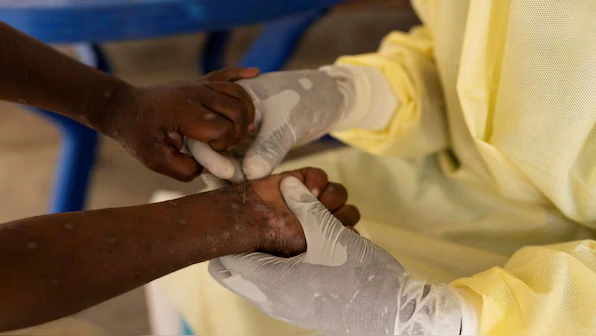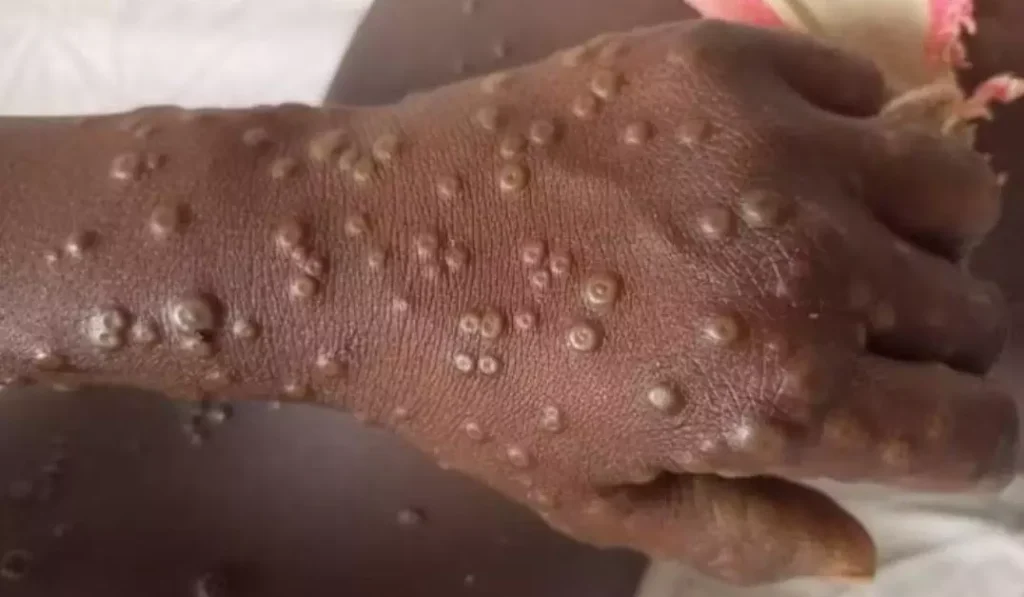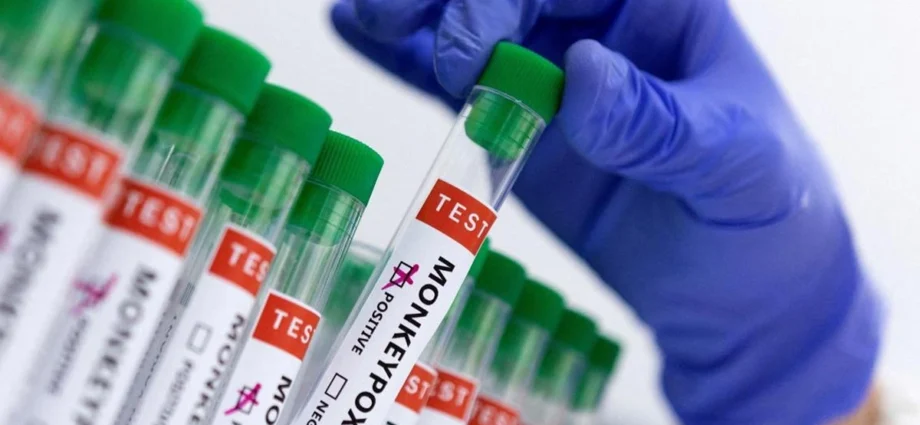This is the first instance of clade 1, which is the cause of the recent spike in cases in Africa, in India. According to health ministry spokesperson Manisha Verma, the Mpox case reported in Kerala last week has been verified to be from the fast-spreading clade 1 type of the sickness, Reuters reported on Monday.
This is India’s first case of the Clade 1 variant of Mpox.

Mpox is an uncommon infection caused by the monkeypox virus and was previously known as monkeypox. The two kinds of virus that cause mpox are Clades 1 and 2.
Clade 2 is the kind that started the global outbreak in 2022, whereas clade 1 is to blame for the present increase in infections in Africa. In the past, haplogroup 1 was responsible for up to 10% of fatalities and caused more severe illnesses than clade 2.
Recent outbreaks have seen much lower death rates of about 1-3.3%.

On September 9, the Union Health Ministry verified that a 26-year-old Hisar, Haryana, resident was the nation’s first victim of the mpox virus. His results for the Clade 2 strain were positive.
The 38-year-old man was receiving treatment in Malappuram for Mpox symptoms after returning from the United Arab Emirates, and the Kerala government revealed on Wednesday that he had been diagnosed with the condition. At the government-run Manjeri Medical College, he was receiving care.

The nodal official for the Malappuram district, Dr. Shubin C, informed Reuters on Monday that the patient’s friends and family, as well as 37 other passengers from his aircraft, are being watched at home. According to him, none of them have yet shown any signs of the Mpox.
The World Health Organization declared a worldwide emergency on August 14 in response to the mpox outbreaks in Africa. By then, more than a dozen countries had confirmed cases of the sickness in both adults and children.

Since the 2022 declaration of Mpox as a Public Health Emergency of International Concern by the WHO, India has reported 32 cases of the Mpox.
The people in Kerala have been asked by the government to get medical attention and to notify the health department if they show any signs of the infection.
The National Health Service of the United Kingdom states that mpox is primarily spread by wild animals such as rats and primates and causes rash and flu-like symptoms, mostly in certain parts of Africa. Additionally, contaminated objects and intimate contact with Mpox patients might spread it.
Read also : Rapid response team form to find rare chikungunya virus treatment!











